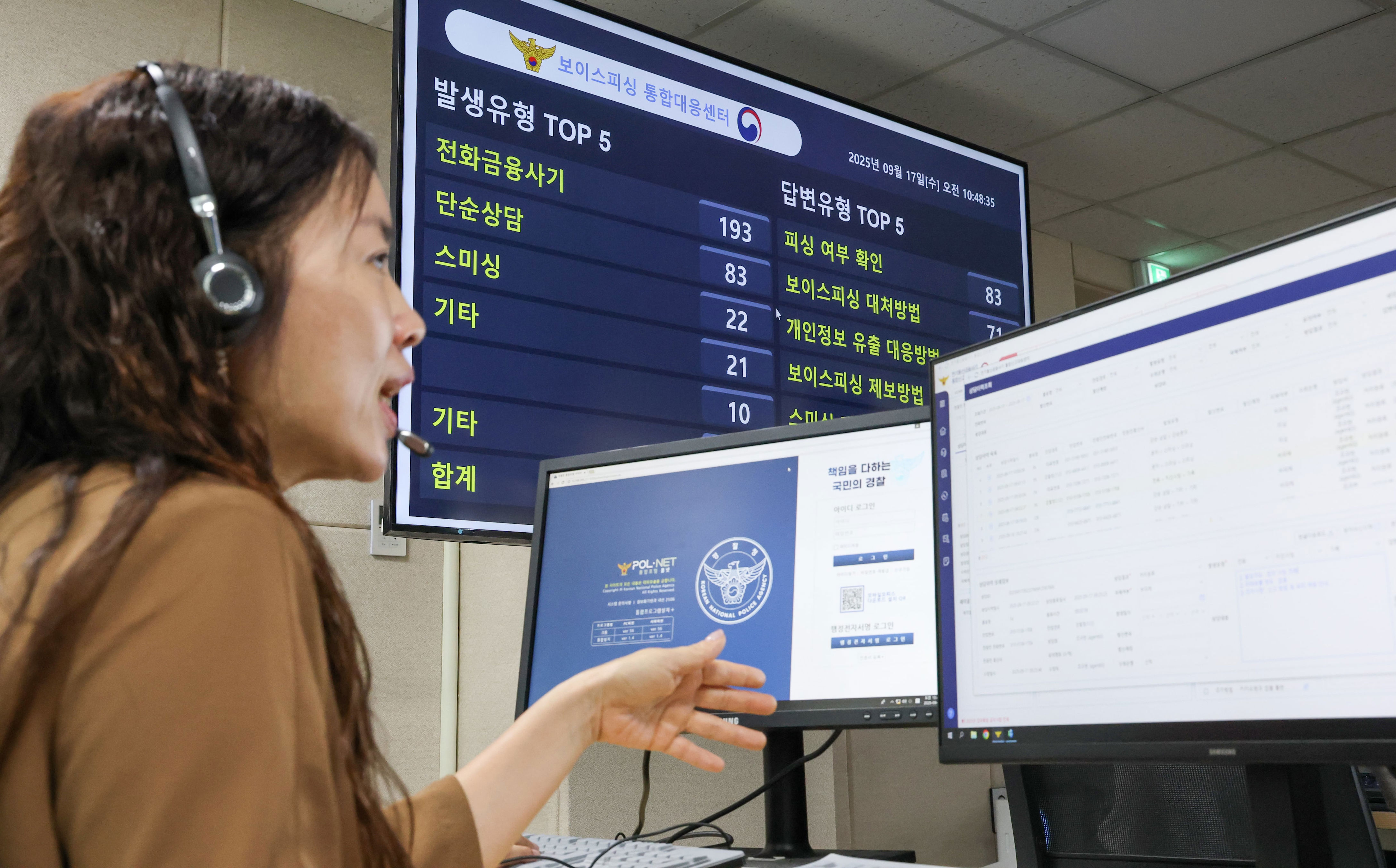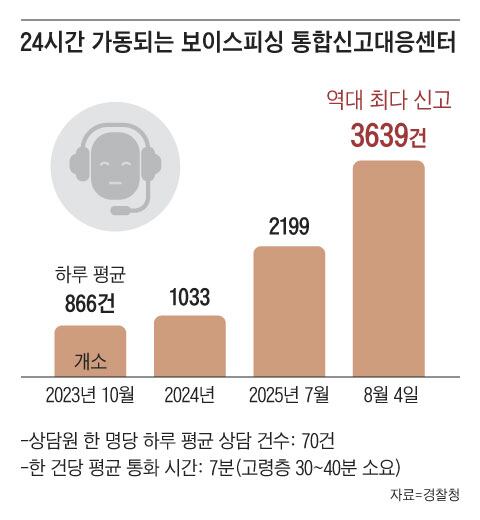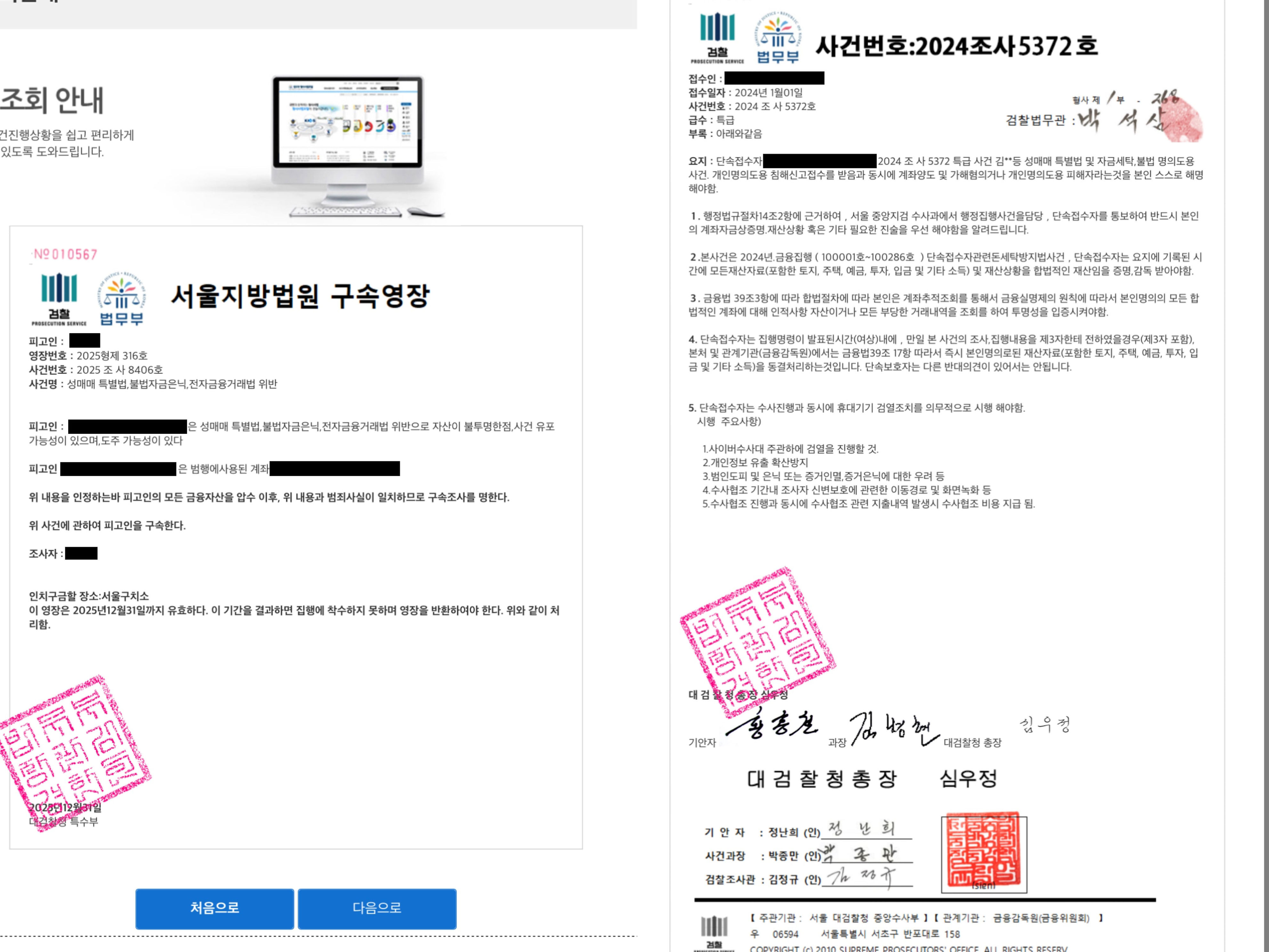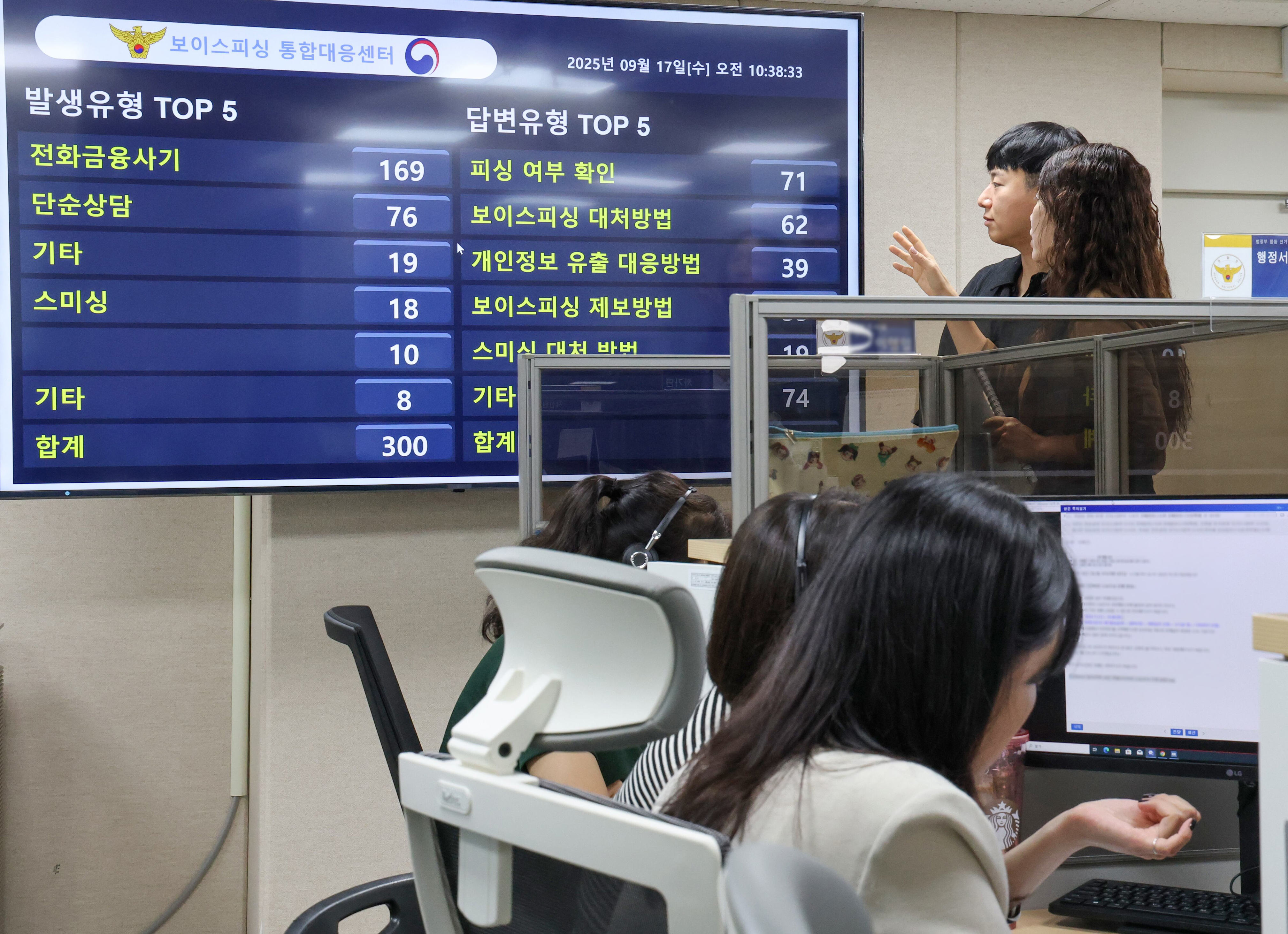Judul : South Korea expands voice phishing center to 24/7 as cases surge
link : South Korea expands voice phishing center to 24/7 as cases surge
South Korea expands voice phishing center to 24/7 as cases surge

“Is this fraud? Please help me.” “Do not click on the internet address included in the text message!”
On the 17th, at the Voice Phishing Integrated Reporting and Response Center set up inside the National Police Agency Education Center in Jongno-gu, Seoul. As 9 a.m. arrived, urgent voices of counselors overlapped from 40 phone booths. “Your main bank is Nonghyup Bank, right? I’ll help you connect.” “Those people are all members of a voice phishing organization.” “Call 114 to confirm if the direct number for the card company is correct.” By 6 p.m. that day, 1,630 reports were received, nearly double the number from last year (819 cases).
From this day onward, it became possible to report voice phishing damage and receive counseling support even on weekends and early mornings. The previous operating hours were from 9 a.m. to 10 p.m. on weekdays. However, as voice phishing crimes combined with advanced technologies like AI (artificial intelligence) have surged, the police decided to expand the center’s operations to a 24/7, 365-day system. When the center opened in October 2023, the average daily reports were 866 cases, which increased to 1,033 cases last year and 1,755 cases in the first half of this year—nearly doubling. On the 4th of last month, 3,639 calls were received, a fourfold increase from two years ago.

The number of center counselors also increased from 25 to 54. Due to issues like manpower shortages and operating hours, the response rate for reports and tips was around 50%. Half of the calls reporting suspected phishing damage were missed. The police expect the response rate to significantly improve with the expanded operation.
Counselors met by this newspaper that day were literally waging a “war against crime.” They had no time to rest, answering questions like, “I accidentally clicked the link. What should I do?” and “Is the call I received really from the police?” Because responding to even one more case could reduce damage. Each counselor handles an average of 60–70 calls per day. While each call averages about seven minutes, counseling for middle-aged and elderly individuals unfamiliar with digital devices often exceeds 30–40 minutes.
Choi Young Eun (42), an administrative officer from the National Police Agency, was selected as an “Outstanding Counselor” last year. He said, “Elderly people say, ‘At my age, I feel like a fool,’ and young people cry, fearing a criminal record will prevent them from getting a job. Every time, I pick up the phone with the mindset that answering even one more call can reduce damage.”
Most reports received that day were about “card misdelivery voice phishing.” A call claims to be from a card delivery courier offering to visit the victim’s home. If the victim says they did not apply for a card, the scammer asks for personal information like card numbers and resident registration numbers, claiming verification is needed. There were also many smishing (text phishing) crimes hiding malicious links in text messages.
Son Young Hee (50), an administrative clerk from the National Police Agency who has worked at the center since its opening, said, “Phishing scammers target the most vulnerable moments of victims.” Office workers often receive calls during busy morning hours, making it difficult to properly verify if the call is criminal. She added, “Many people, ashamed of being deceived by a criminal organization, hide in stairwells and call during lunchtime.”

Recently, a new method has emerged where victims are forced into “self-confinement” at external accommodations, claiming their bank accounts were used in voice phishing crimes and they need to be investigated. Cut off from external contact, victims are coerced into sending money over several days. Kim Yong Pil, a detective in charge of analyzing voice phishing crime patterns, said, “A man in his 30s recently received a call impersonating a prosecutor and headed to a hotel in a provincial area. He was barely rescued just before contact was cut off.”
After 5 p.m. is a “vulnerable timeframe.” Once banks and government offices close, immediate responses like real-time payment stops become difficult. Males in their 20s serving in the military often fall victim around 6 p.m. At night, unable to use mobile phones, their personal information is stolen beforehand, and money is siphoned through micro-payments.

◇Report Suspicious Calls to 1566-1188
The Voice Phishing Integrated Reporting and Response Center will soon move to the West Building of the KT Gwanghwamun Building and hold an official opening ceremony next month. The center’s representative number is 1566-1188. Calls can also be connected via ARS (automated response system) by dialing Korea Internet & Security Agency 118 or Financial Supervisory Service 1332.
Thus the article South Korea expands voice phishing center to 24/7 as cases surge
You are now reading the article South Korea expands voice phishing center to 24/7 as cases surge with the link addresshttps://www.unionhotel.us/2025/09/south-korea-expands-voice-phishing.html
0 Response to "South Korea expands voice phishing center to 24/7 as cases surge"
Post a Comment